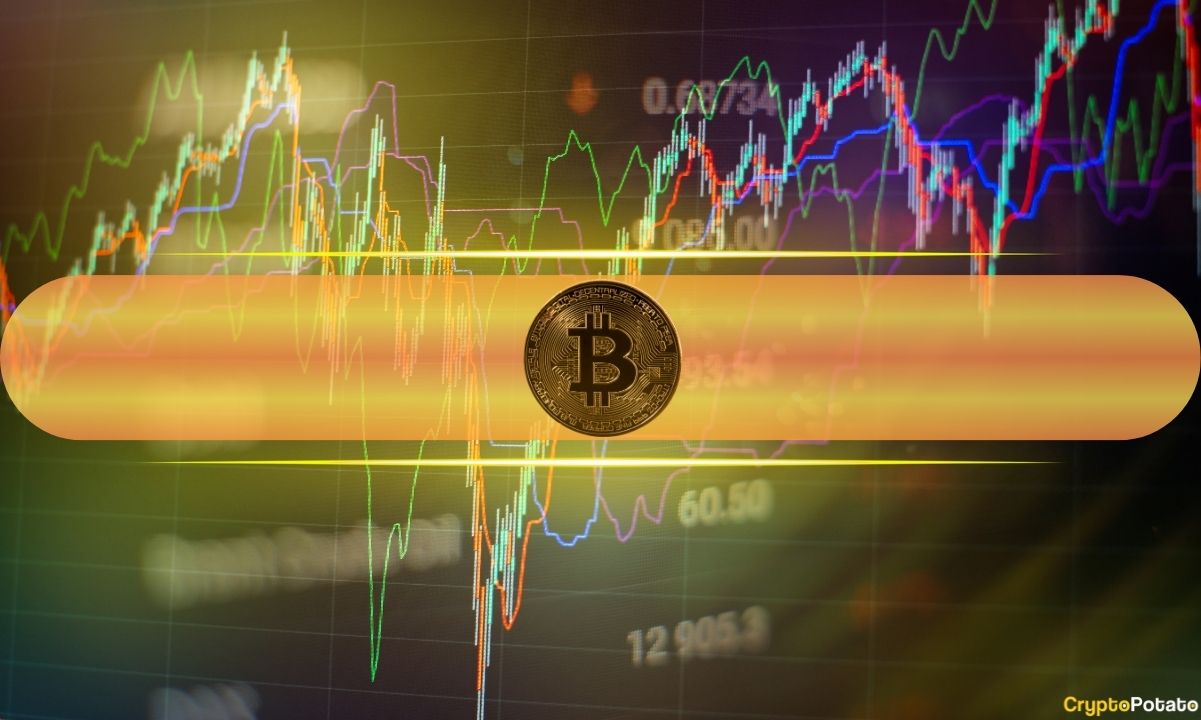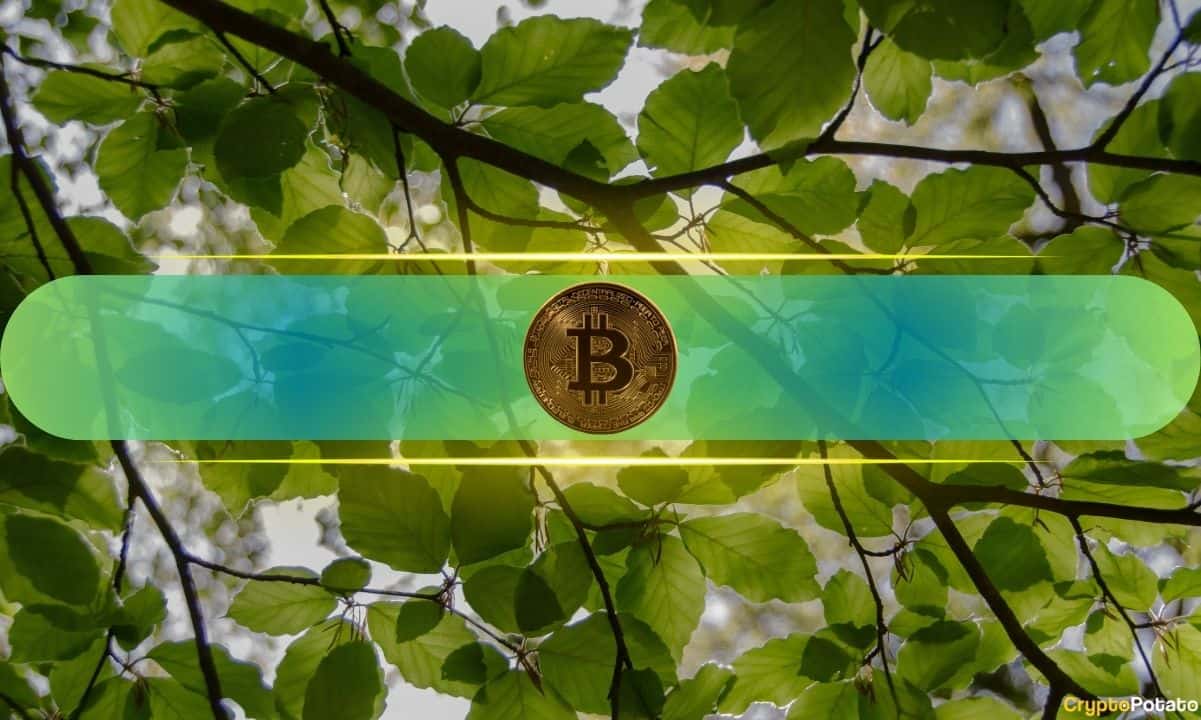Something Funky Has Been Happening to the Bitcoin Markets Since 2021: Details

The number of Bitcoin (BTC) deposit addresses on exchanges has dropped sharply. Such a pattern points to a deepening long-term conviction among investors.
Data reveals a dramatic reversal in behavior that began after the 2021 cycle peak. Between 2015 and 2021, the number of unique addresses depositing BTC to exchanges steadily increased, averaging 180,000 annually. However, since 2022, that trend has not only stalled, but it has declined consistently.
BTC Exchange Deposit Trend Reverses
According to CryptoQuant’s latest analysis, the 10-year average now stands at approximately 90,000, while the current 30-day moving average is just 48,000. On a daily basis, the number of depositing addresses has dropped to around 37,000, recording a multi-year low. Analysts say that this indicates a growing preference for holding Bitcoin rather than trading it.
The launch of spot Bitcoin ETFs has played a key role, which gave institutional and retail investors access to BTC’s price performance without needing to move or manage the asset directly. Additionally, lower retail trading activity in the current cycle has reduced active deposit behavior.
At the same time, an increasing number of investors, and even corporations, are adopting a savings-oriented approach, treating Bitcoin as a long-term reserve rather than a speculative instrument.
The report said,
“These shifts, which have emerged gradually over time, are precisely what drive Bitcoin’s evolving identity in financial markets. It may well be this transformation that ultimately solidifies BTC’s role as a store of value.”
This sentiment in investor behavior is echoed on a macro scale.
Bitcoin As Modern Reserve Asset
Bitcoin is increasingly seen as a strategic asset for nations seeking to strengthen economic resilience in the current global landscape, according to a recent report by CoinShares. The cryptocurrency’s potential to hedge inflation, diversify sovereign portfolios, and offer protection against geopolitical instability positions it as a modern complement to gold and foreign exchange reserves.
While the US decision in 2025 to add Bitcoin to its reserves is a crucial moment, CoinShares noted that the ongoing skepticism among economists who highlight its volatility and speculative nature.
Despite this, with rising global debt, inflation, and mounting geopolitical tensions, more governments are exploring alternatives. Brazil’s RESBit proposal and Russia’s reported interest in Bitcoin reserves suggest a competitive push to secure a share of the asset’s fixed supply. With a $2 trillion market cap and growing institutional presence, Bitcoin is increasingly viewed as a credible reserve option alongside traditional holdings.
The post Something Funky Has Been Happening to the Bitcoin Markets Since 2021: Details appeared first on CryptoPotato.
Something Funky Has Been Happening to the Bitcoin Markets Since 2021: Details

The number of Bitcoin (BTC) deposit addresses on exchanges has dropped sharply. Such a pattern points to a deepening long-term conviction among investors.
Data reveals a dramatic reversal in behavior that began after the 2021 cycle peak. Between 2015 and 2021, the number of unique addresses depositing BTC to exchanges steadily increased, averaging 180,000 annually. However, since 2022, that trend has not only stalled, but it has declined consistently.
BTC Exchange Deposit Trend Reverses
According to CryptoQuant’s latest analysis, the 10-year average now stands at approximately 90,000, while the current 30-day moving average is just 48,000. On a daily basis, the number of depositing addresses has dropped to around 37,000, recording a multi-year low. Analysts say that this indicates a growing preference for holding Bitcoin rather than trading it.
The launch of spot Bitcoin ETFs has played a key role, which gave institutional and retail investors access to BTC’s price performance without needing to move or manage the asset directly. Additionally, lower retail trading activity in the current cycle has reduced active deposit behavior.
At the same time, an increasing number of investors, and even corporations, are adopting a savings-oriented approach, treating Bitcoin as a long-term reserve rather than a speculative instrument.
The report said,
“These shifts, which have emerged gradually over time, are precisely what drive Bitcoin’s evolving identity in financial markets. It may well be this transformation that ultimately solidifies BTC’s role as a store of value.”
This sentiment in investor behavior is echoed on a macro scale.
Bitcoin As Modern Reserve Asset
Bitcoin is increasingly seen as a strategic asset for nations seeking to strengthen economic resilience in the current global landscape, according to a recent report by CoinShares. The cryptocurrency’s potential to hedge inflation, diversify sovereign portfolios, and offer protection against geopolitical instability positions it as a modern complement to gold and foreign exchange reserves.
While the US decision in 2025 to add Bitcoin to its reserves is a crucial moment, CoinShares noted that the ongoing skepticism among economists who highlight its volatility and speculative nature.
Despite this, with rising global debt, inflation, and mounting geopolitical tensions, more governments are exploring alternatives. Brazil’s RESBit proposal and Russia’s reported interest in Bitcoin reserves suggest a competitive push to secure a share of the asset’s fixed supply. With a $2 trillion market cap and growing institutional presence, Bitcoin is increasingly viewed as a credible reserve option alongside traditional holdings.
The post Something Funky Has Been Happening to the Bitcoin Markets Since 2021: Details appeared first on CryptoPotato.

